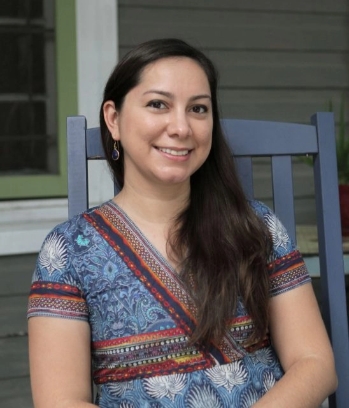About Macri
Expanding the story of civil rights in the U.S.
MACRI is building the first national Mexican American civil rights history museum!
MISSION
Rooted in and inspired by San Antonio’s legacy, the Mexican American Civil Rights Institute (MACRI) is the premier national organization dedicated to chronicling and advancing the Mexican American community’s civil rights efforts in the U.S.
VISION
The Mexican American Civil Rights Institute envisions communities where all Americans are inspired by the Mexican American civil rights legacy and see themselves as participants and transformational leaders in advancing democracy for all.
Civil rights are an expansive and significant set of rights designed to protect individuals from unfair treatment. For the Mexican American community, they are the rights of individuals to receive equal treatment and be free from discrimination including in the areas of education, employment, voting, housing, public accommodations, immigration, economic opportunity, as well as on the basis of race, ethnicity, nationality, gender, sexuality, and more. We strongly believe that all individuals should be treated with dignity and respect and are part of our common humanity.
The First Five Years
Pre-MACRI
Incorporation & Seed Funding
Public Launch & Pandemic Pivot
Growing Virtual Reach
Focus on Programming
Major Growth
Planning Ahead
In The News
Spurs give MACRI $20,000 donation
In November, the San Antonio Spurs commemorated Hispanic Heritage Night with a $20,000 donation to MACRI.
MACRI screens groundbreaking Dia de los Muertos documentary
In late October, MACRI partnered with Día de los Muertos at Hemisfair for a screening of Lourdes Portillo’s 1988 documentary La Ofrenda: The Days of the Dead.
MACRI Museum Site Feasibility Study Press Conference
In September 2024, MACRI held a press conference for the completion of the site feasibility study for a permanent national museum, attracting heavy press coverage.
